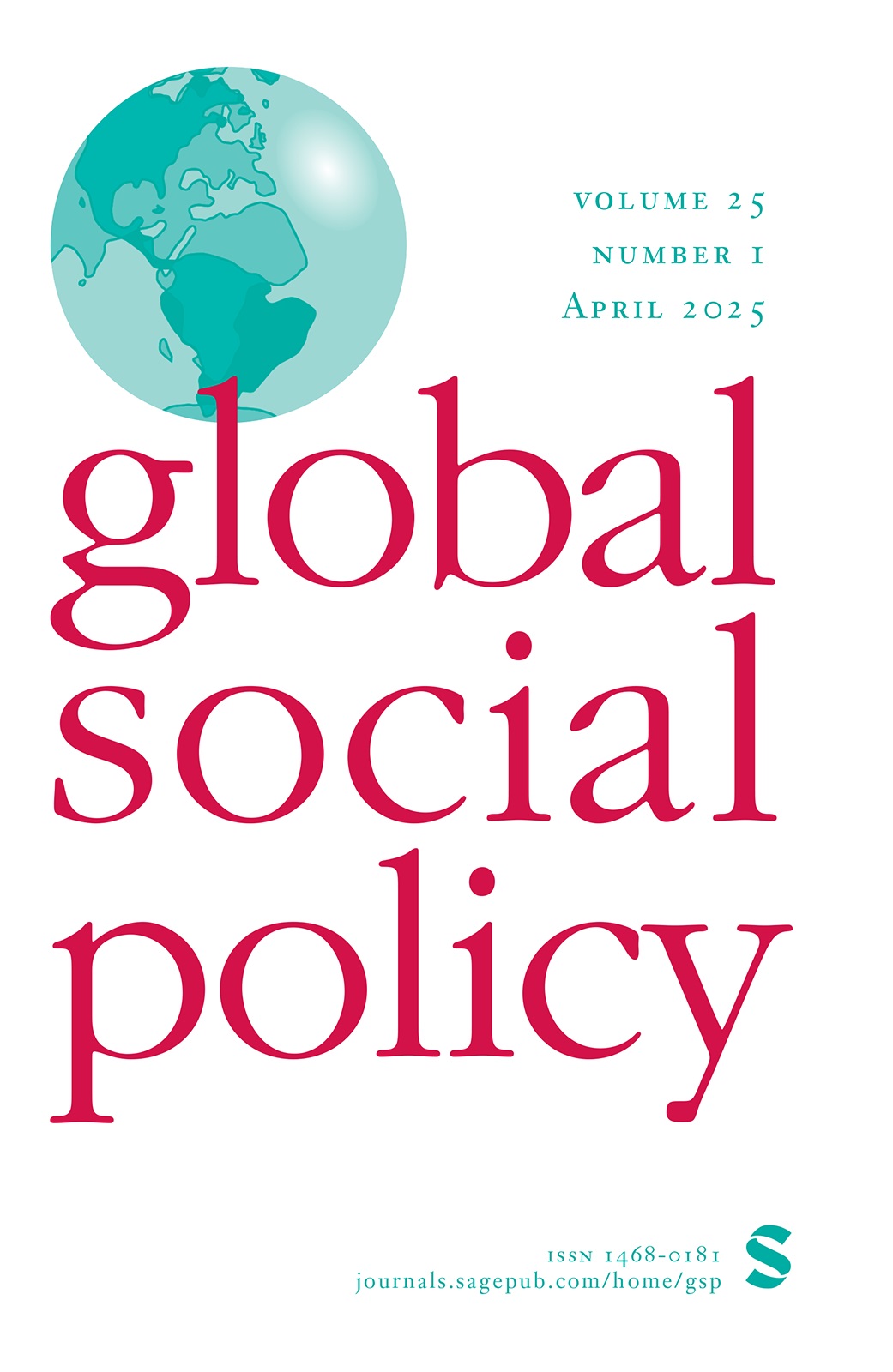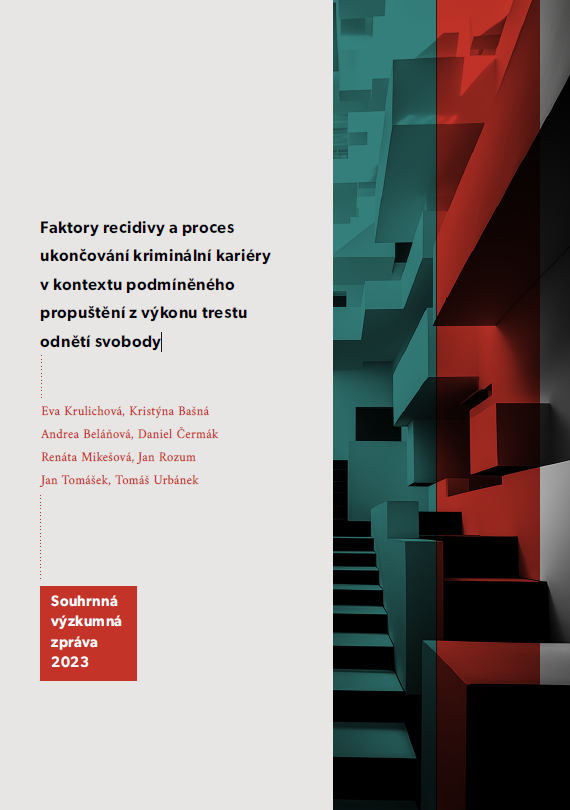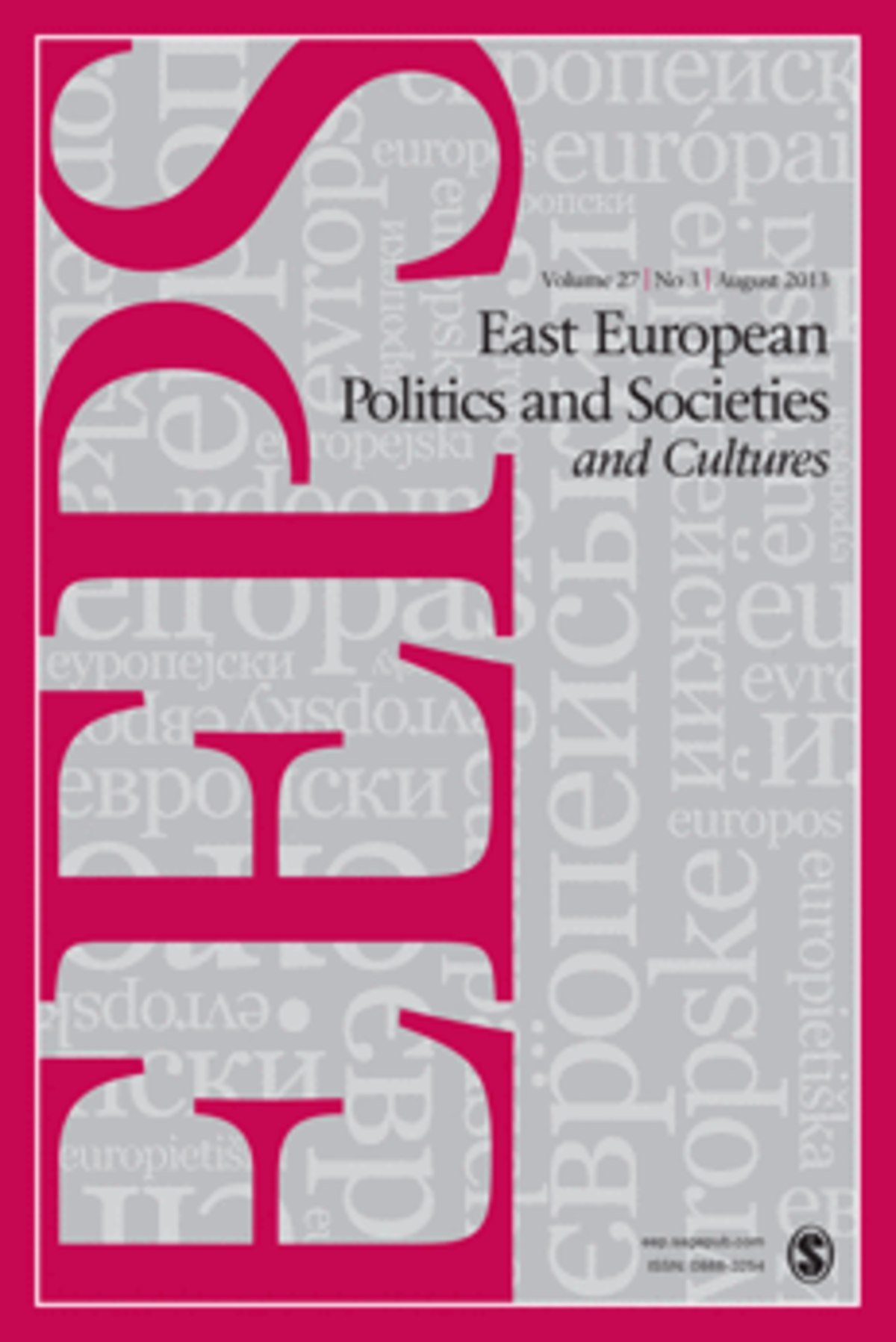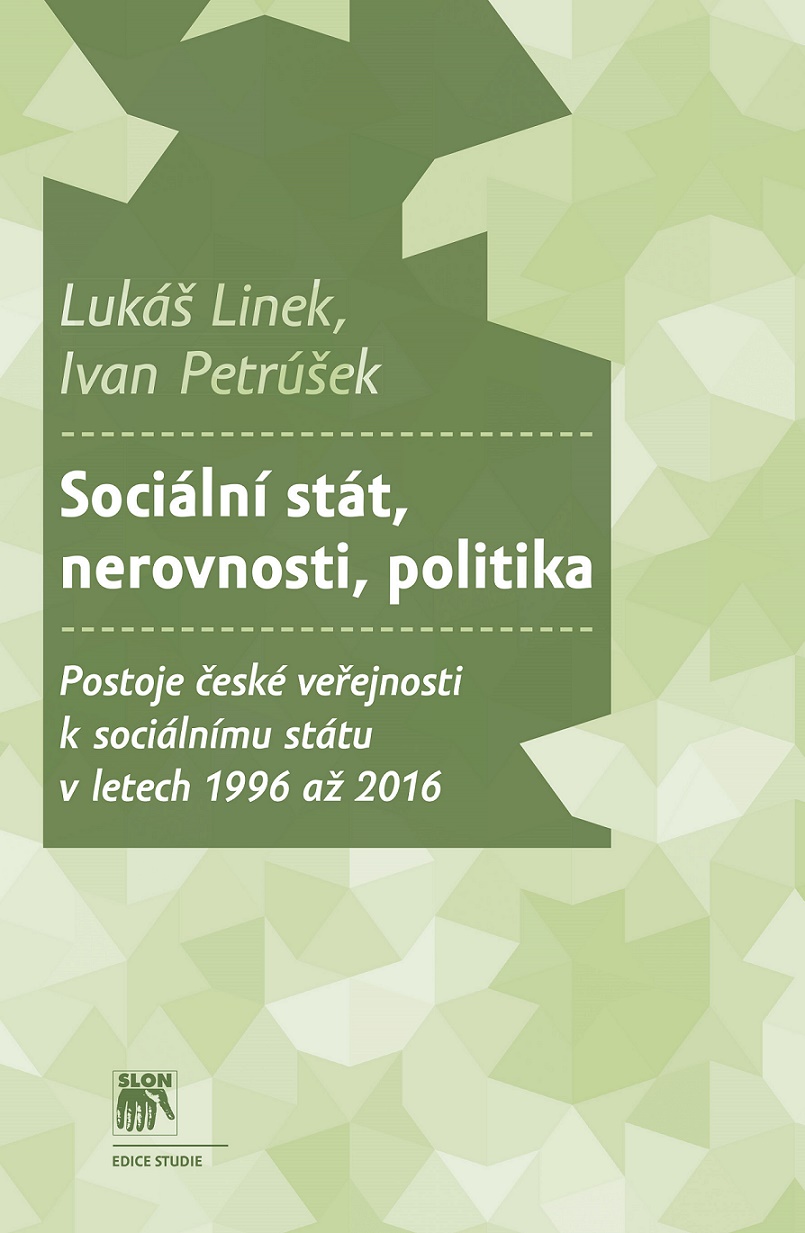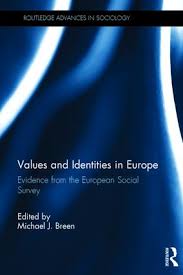Publications
Labour market situation and dynamics of displaced people from Ukraine in Czechia
Topics: European Union, Economy, Migration and Mobility, Work
Publication Type: Professional Book / Monograph
Department: Economic and Religious Studies
Corruption and the social legitimacy of the welfare state: A comparative cross-national analysis
Czech Social Attitudes in the European Context
Topics: European Union, Trust/Social Cohesion, Interpersonal Relations, Politics and Political Attitudes, Social Inequalities, Public Opinion
Korupce ve vybraných sektorech v české republice a možnosti jejího snížení
Topics: Criminality, Interpersonal Relations
Faktory recidivy a proces ukončování kriminální kariéry v kontextu podmíněného propuštění z výkonu trestu odnětí svobody
Topics: Criminality
Economic strain in post-communist countries and the rest of Europe: Attitudes towards the unemployed and the old
Topics: Social Inequalities, Social Policy
Erasmus (+) student mobility: individual and institutional motivations and effects
Topics: Education
Individual’s cultural capital: intergenerational transmission, partner effect, or individual merit?
Topics: Gender, Culture, Social Inequalities
Corruption as a risk for an individual and the state
Topics: Value Orientations, Corruption
Sociální stát, nerovnosti, politika. Postoje české veřejnosti k sociálnímu státu v letech 1996 až 2016
Topics: Politics and Political Attitudes, Social Policy
Three Generations of Methods for Measuring Corruption in Europe
Topics: Corruption
Income inequality and level of corruption in post-communist European countries between 1995 and 2014
Topics: Value Orientations, Corruption
Recenze: „Lukáš Linek: Kam se ztratili voliči? Vysvětlení vývoje volební účasti v České republice v letech 1990–2010.“
Topics: Elections and Electoral Research
Theories explaining corruption in post-communist countries
Topics: Corruption
Komparace metodických postupů předvolebních průzkumů agentur CVVM, ppm factum, Median a STEM
Topics: Elections and Electoral Research
Why are pre-election polls wrong?
Topics: Elections and Electoral Research
Measuring corruption in Europe: Public opinion surveys and composite indices
Topics: Corruption, Research Methodology
Corruption in European Countries: A Cross-national Comparison
Topics: Value Orientations, Corruption, Religion and religiosity
